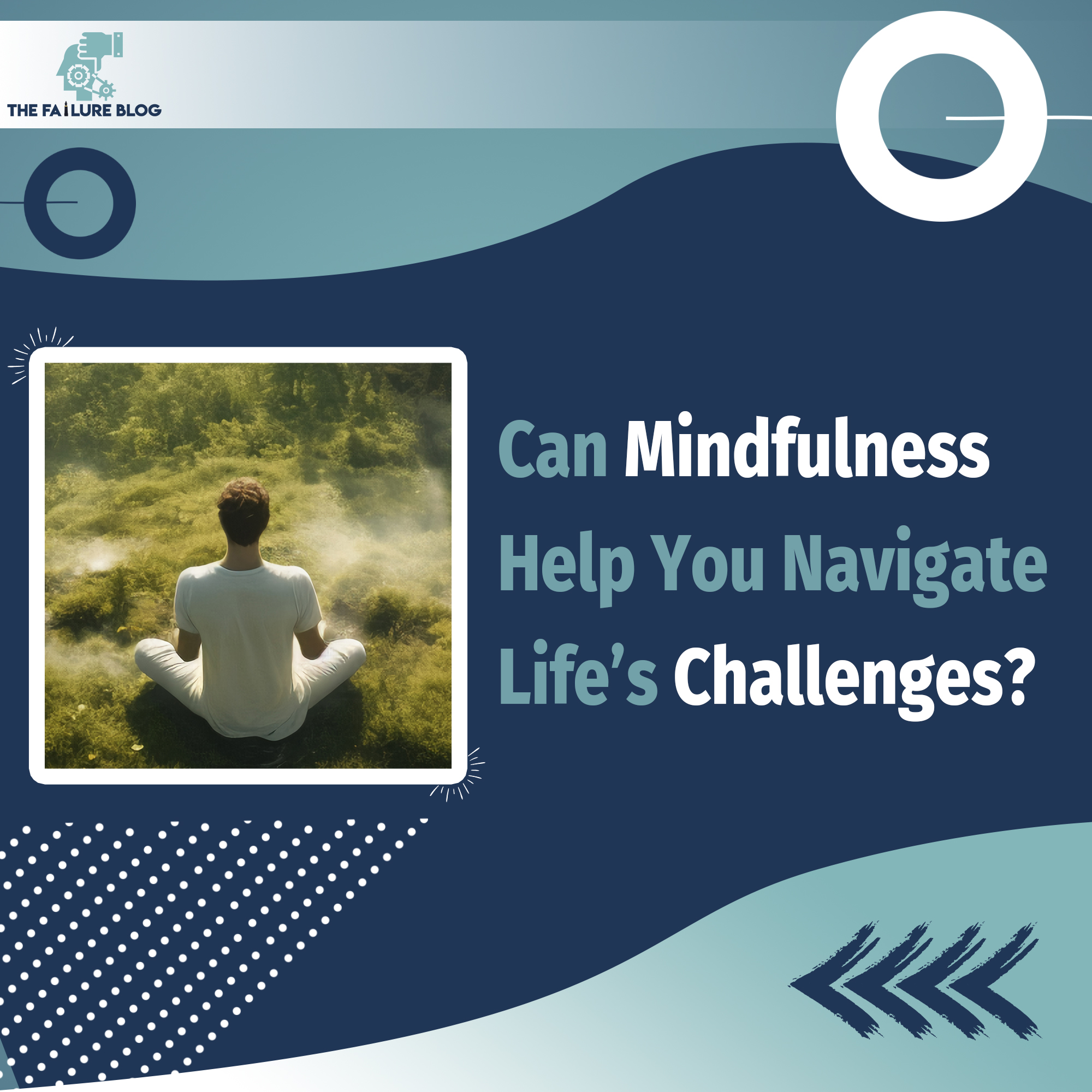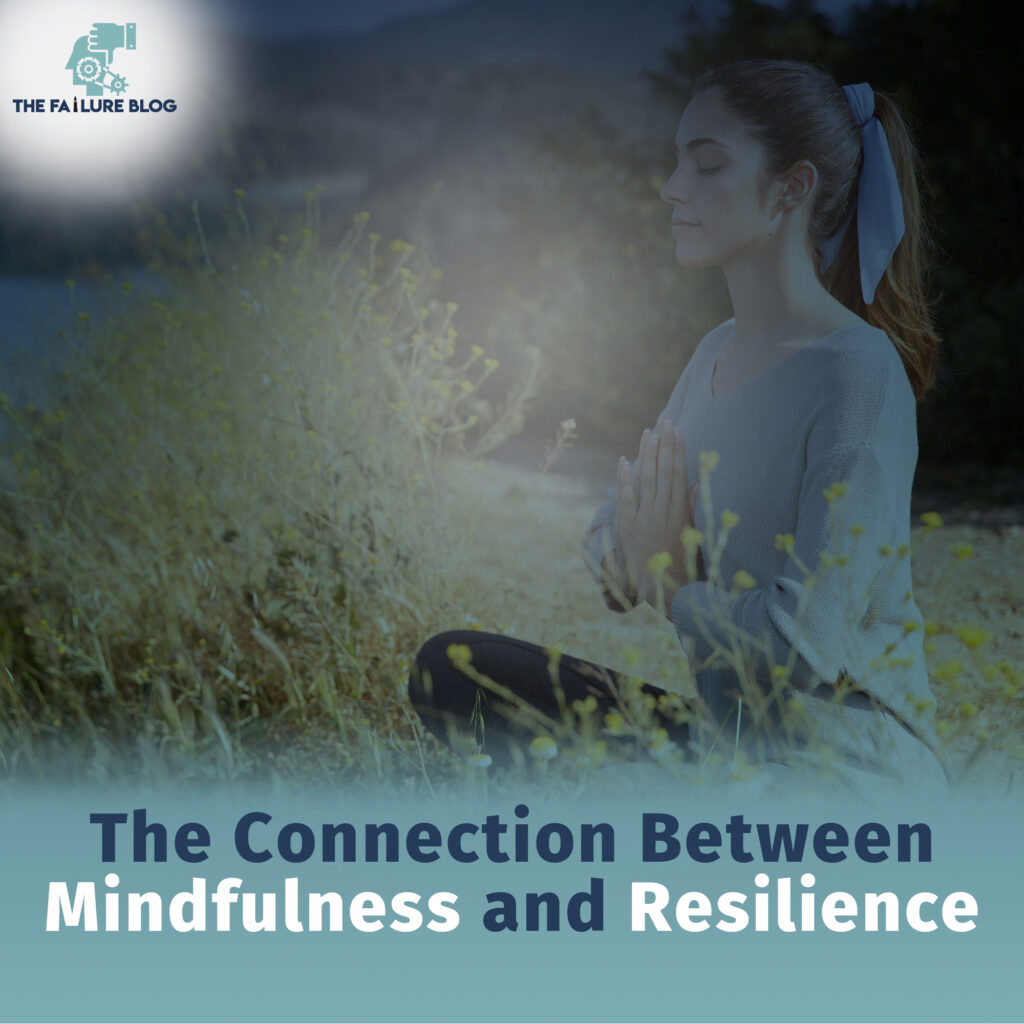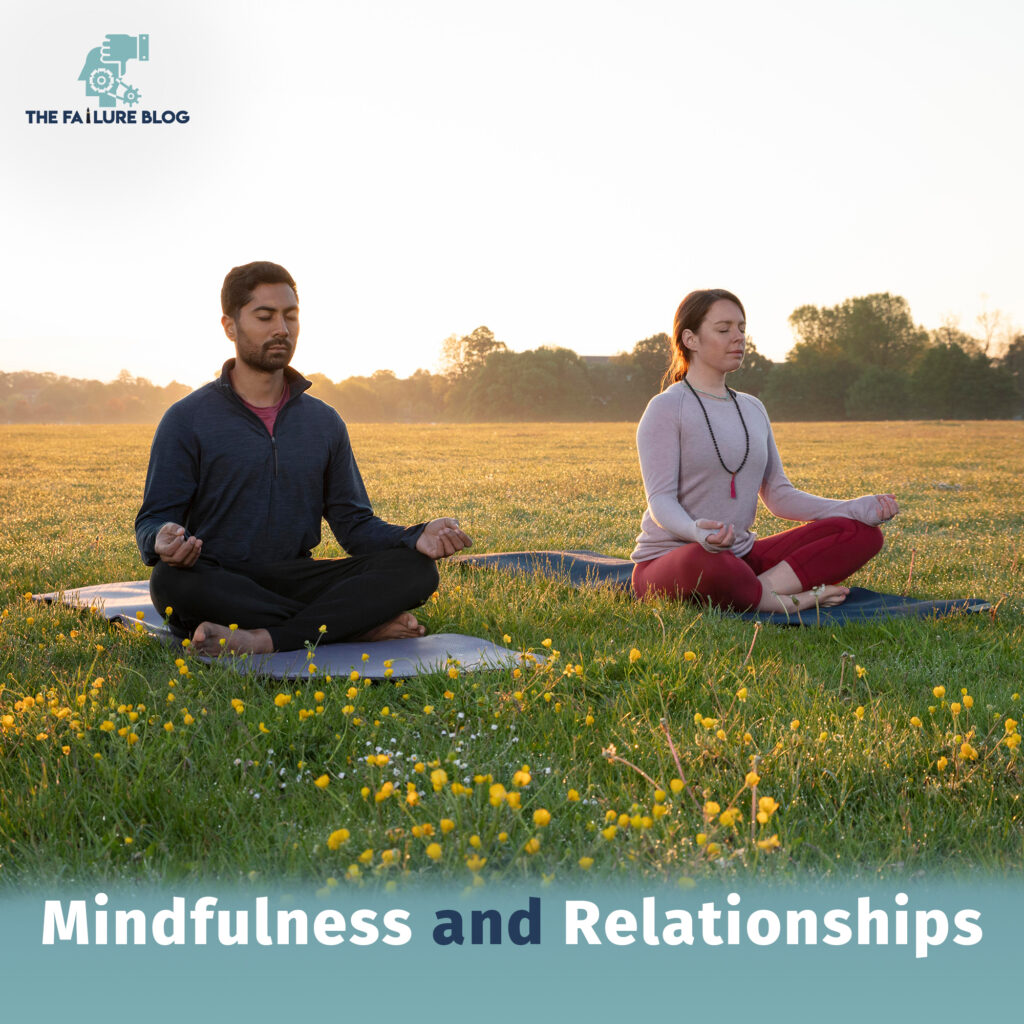
Navigating life’s challenges can feel like steering through a storm without a compass. Whether it’s a demanding work project, personal relationships, or a health crisis, these hurdles often test our mental and emotional resilience. In such times, mindfulness has emerged as a promising tool for many, providing a way to face difficulties with a clearer mind and a calmer heart. But can it really help you navigate life’s challenges? Let’s explore what mindfulness is and how it might make a difference in your daily life
What is Mindfulness, Anyway?
At its core, mindfulness is about being present in the moment, fully engaged with what’s happening right now, without judgment or distraction. It’s not just a trendy buzzword thrown around in wellness circles; it’s a practice rooted in ancient traditions like Buddhism but also backed by modern science. Being mindful means noticing your thoughts and feelings without getting caught up in them, allowing you to approach situations with a balanced mindset rather than a reactive one.
Think of mindfulness as a mental workout. Just like going to the gym strengthens your muscles, mindfulness exercises — such as meditation or focused breathing — help strengthen your mental muscles. This practice allows you to become more aware of your thoughts and emotions, and, over time, you may find yourself better equipped to handle whatever life throws your way.
The Science Behind Mindfulness
Research has increasingly shown that mindfulness practices can bring about significant changes in how we think and feel. A study by Harvard University found that practicing mindfulness meditation for just eight weeks can increase the density of the brain’s gray matter in areas associated with learning, memory, emotional regulation, and empathy. Imagine that – simply dedicating a few minutes a day to mindfulness can physically reshape your brain, enhancing your capacity to handle stress and manage emotions more effectively.
Moreover, a 2021 review of several studies published in the American Psychological Association’s journal found that mindfulness can reduce symptoms of anxiety, depression, and chronic pain. The review noted that mindful practices help break the cycle of rumination and negative thinking that often exacerbates these conditions. It’s like having a pause button for your mind – you can step back, observe, and choose your response rather than being swept away by automatic reactions.
The Connection Between Mindfulness and Resilience
Resilience is your ability to bounce back from adversity. Think of it as your psychological immune system. When faced with a challenge, some people crumble under the weight, while others seem to rise, adapt, and grow stronger. Mindfulness can play a pivotal role in building this resilience.
Mindfulness practices encourage self-awareness and self-compassion, which are critical components of resilience. When you’re mindful, you’re more in tune with your thoughts and emotions, and you begin to recognize patterns that may be holding you back. For instance, you might notice that you tend to catastrophize – assuming the worst possible outcome in every situation. Mindfulness allows you to catch these negative thought patterns early, giving you the opportunity to challenge them and replace them with more balanced, realistic perspectives.
Additionally, mindfulness can enhance your emotional regulation. By being fully present, you learn to observe your emotions without immediately reacting. Over time, this can reduce impulsive decision-making and increase your ability to stay calm and focused in stressful situations, fostering a sense of control over how you respond to life’s ups and downs.

Practical Ways to Incorporate Mindfulness Into Your Life
Integrating mindfulness into your daily routine doesn’t have to be daunting. You don’t need to retreat to a mountaintop or dedicate hours to meditation. Small, consistent steps can make a big difference. Here are a few practical ways to get started:
1- Start with Breathing Exercises: Simply taking a few moments each day to focus on your breath can ground you in the present. Try the 4-7-8 breathing technique: inhale for four counts, hold for seven, and exhale for eight. This practice can instantly calm your nervous system and help you reset during stressful moments.
2- Practice Mindful Eating: Rather than rushing through your meals or eating in front of a screen, take a moment to savor each bite. Notice the flavors, textures, and sensations in your mouth. This simple act can cultivate a greater appreciation for your food and help you develop a healthier relationship with eating.
3- Mindful Movement: Activities like yoga, Tai Chi, or even a mindful walk in nature can help you connect with your body and the present moment. Focus on the sensations in your muscles, the rhythm of your breath, or the feel of the ground beneath your feet.
4- Daily Check-Ins: Set aside a few minutes each day to check in with yourself. Ask yourself how you’re feeling, what thoughts are occupying your mind, and whether you’re holding onto any tension. This self-awareness can help you address issues before they escalate into larger problems.
5- Mindfulness Apps: Consider using an app like Headspace or Calm to guide you through mindfulness exercises. These apps offer a range of guided meditations, sleep stories, and breathing exercises that can help you stay consistent with your practice.
Navigating Stress with Mindfulness
Stress is an inevitable part of life, but how you respond to it can make all the difference. Mindfulness doesn’t eliminate stress; instead, it helps you change your relationship with it. By fostering a sense of curiosity about your thoughts and emotions rather than immediately trying to suppress or avoid them, you can reduce the power they hold over you.
When faced with a stressful situation, mindfulness teaches you to pause and observe your reactions. For example, if you’re stuck in traffic, rather than allowing frustration to build, you might take a few deep breaths and observe the sensation of tension in your body. You may notice your heart rate increasing or your hands gripping the steering wheel. Acknowledging these sensations without judgment can help diffuse the emotional charge, enabling you to choose a calmer response.
Mindfulness and Relationships
Life’s challenges are often intertwined with our relationships. Conflicts with friends, family, or colleagues can be particularly draining, but mindfulness can help here too. By being present and fully listening during conversations, you can foster deeper connections and more empathetic communication.
Mindfulness helps you approach conflicts with a calm, open mind, making it easier to understand the other person’s perspective without immediately jumping to conclusions or becoming defensive. Instead of reacting impulsively to a perceived slight, you might pause, reflect, and respond thoughtfully, leading to more constructive and positive interactions.

Embracing Uncertainty with Mindfulness
If there’s one constant in life, it’s change. The unknown can be unsettling, often triggering anxiety and fear. Mindfulness equips you to embrace uncertainty by cultivating a “beginner’s mind” — an attitude of openness and curiosity, without preconceived notions. Instead of dreading the unknown, mindfulness encourages you to approach new experiences as opportunities for growth.
When you’re mindful, you’re more adaptable and less likely to resist change. You become aware that your thoughts are just thoughts — not facts or predictions. This awareness can free you from unnecessary worry and help you face life’s twists and turns with greater ease and flexibility.
Final Thoughts on Mindfulness in Life’s Challenges
Mindfulness isn’t a magic bullet that will solve all of your problems. But it is a tool that can empower you to face life’s challenges with a clearer, calmer mind. By developing a habit of being present, observing your thoughts and emotions without judgment, and practicing self-compassion, you can navigate difficult times with greater resilience and grace.
Ultimately, whether mindfulness is the right tool for you depends on your personal preferences and experiences. It’s a practice that requires consistency and patience, but many find the benefits — from reduced stress to improved emotional regulation and stronger relationships — well worth the effort.
As with any tool, the key is to find what works best for you and integrate it into your life in a way that feels natural and sustainable. Give mindfulness a try and see how it might help you navigate the inevitable challenges life brings your way.





Leave a Reply